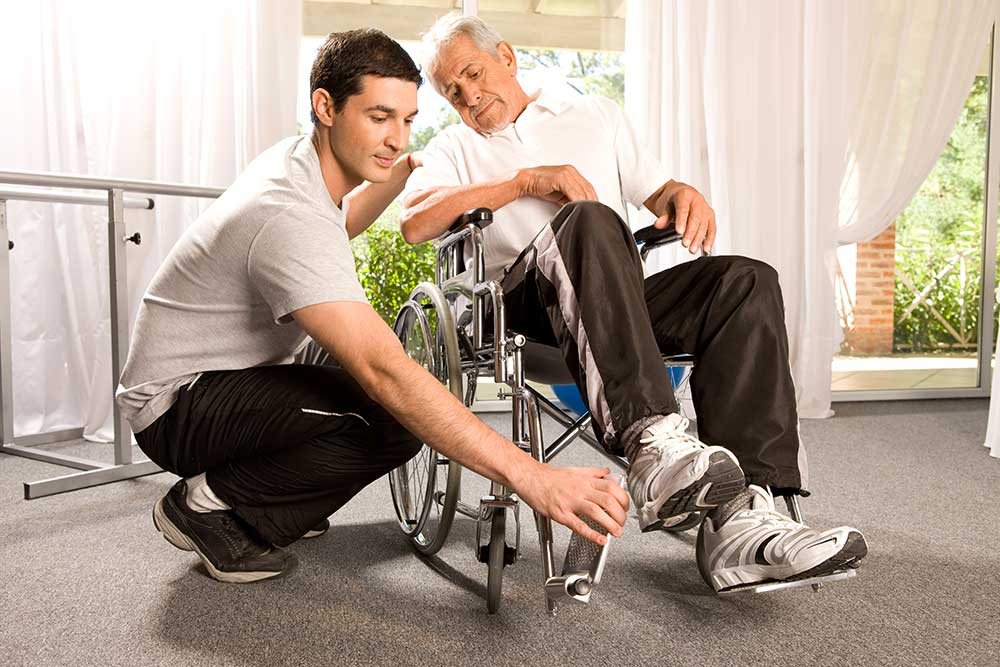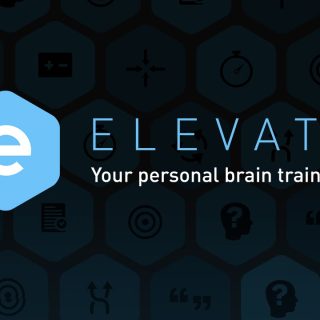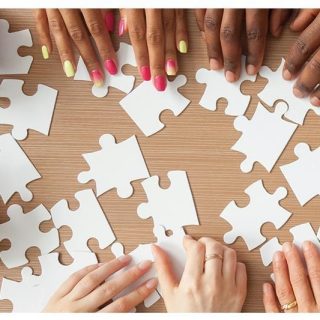Empowering Futures: The Comprehensive Role of a Vocational Rehabilitation Counselor
In the realm of vocational rehabilitation, counselors emerge as advocates, guides, and architects of a more inclusive workforce. The role of a Vocational Rehabilitation Counselor is a multifaceted one, involving not only the identification of vocational goals for individuals with disabilities but also the cultivation of essential skills and the facilitation of meaningful employment. This exploration delves into the intricacies of their responsibilities, emphasizing the collaborative efforts required to create truly inclusive work environments.

Understanding the Responsibilities:
- Identification of Vocational Goals:
- At the core of a Vocational Rehabilitation Counselor’s role lies the task of collaboratively identifying vocational goals with individuals who have disabilities. Through comprehensive assessments and one-on-one consultations, counselors gain insights into the unique strengths, interests, and aspirations of their clients.
- Skills Acquisition and Development:
- Armed with a nuanced understanding of the individual’s capabilities, counselors work to facilitate the acquisition and development of essential skills. This involves not only technical skills relevant to a chosen vocation but also soft skills crucial for success in the workplace, such as communication, teamwork, and problem-solving.
- Employment Placement and Support:
- Vocational Rehabilitation Counselors actively engage with employers to secure suitable employment opportunities for individuals with disabilities. This process includes matching the skills and aspirations of clients with the needs of employers, facilitating interviews, and providing ongoing support to both the employee and the employer.
- Job Training and Coaching:
- In instances where individuals require additional training or coaching to excel in their chosen vocations, counselors collaborate with educational institutions and training programs. They ensure that clients have access to resources that facilitate continuous learning and skill enhancement.
- Advocacy for Inclusive Work Environments:
- A crucial aspect of the counselor’s role is advocating for inclusive work environments. This involves working closely with employers to create spaces that not only accommodate but celebrate diversity. Counselors may provide education on disability awareness, accessibility, and accommodations to foster an inclusive workplace culture.
- Collaboration with Employers and Educators:
- Vocational Rehabilitation Counselors serve as bridges between individuals with disabilities, employers, and educators. They collaborate with educators to ensure that training programs are aligned with industry needs and work with employers to facilitate a seamless transition from education to employment.
- Assessment and Adjustment:
- The vocational rehabilitation journey is dynamic, and counselors continuously assess progress and adjust strategies accordingly. This involves regular check-ins with both the individual and their employer to address any challenges, make necessary adjustments, and celebrate milestones.
- Assistance with Assistive Technology:
- For individuals with certain disabilities, the effective use of assistive technology can be transformative. Vocational Rehabilitation Counselors stay informed about the latest technologies and work to ensure that individuals have access to tools that enhance their productivity and independence in the workplace.
The Impact of Vocational Rehabilitation Counselors:
- Enhanced Employment Opportunities:
- By identifying vocational goals, facilitating skill development, and collaborating with employers, Vocational Rehabilitation Counselors significantly enhance the employment opportunities available to individuals with disabilities. They work to break down barriers and create pathways to meaningful and sustainable employment.
- Improved Quality of Life:
- Employment is not merely a means of financial support; it contributes significantly to an individual’s overall quality of life. Vocational Rehabilitation Counselors play a vital role in enhancing the well-being of their clients by empowering them with the tools and opportunities needed for gainful employment.
- Creation of Inclusive Work Environments:
- Through advocacy, education, and collaboration, counselors contribute to the creation of inclusive work environments. By fostering understanding and appreciation for diversity, they work towards breaking down stereotypes and promoting workplaces where everyone can thrive.
- Long-term Career Development:
- Vocational Rehabilitation Counselors are invested in the long-term career development of their clients. Through ongoing support, training, and advocacy, they contribute to not only securing initial employment but also facilitating opportunities for career advancement and professional growth.
- Community Integration:
- Employment is a key driver of community integration. Vocational Rehabilitation Counselors contribute to building more inclusive communities by ensuring that individuals with disabilities are active participants in the workforce, breaking down societal barriers, and fostering a sense of belonging.
Conclusion: In the tapestry of vocational rehabilitation, Counselors weave a narrative of empowerment, inclusion, and opportunity. Through their collaborative efforts with individuals, employers, and educators, Vocational Rehabilitation Counselors play a vital role in shaping a more inclusive workforce. Their work extends beyond the realm of career placement; it is a commitment to fostering independence, dignity, and a sense of purpose for individuals with disabilities. In essence, they are architects of not only careers but of transformative life journeys, enriching the lives of those they serve and contributing to a more equitable and inclusive society.








